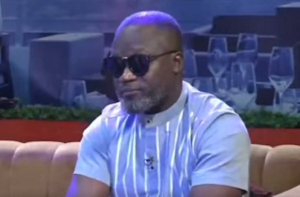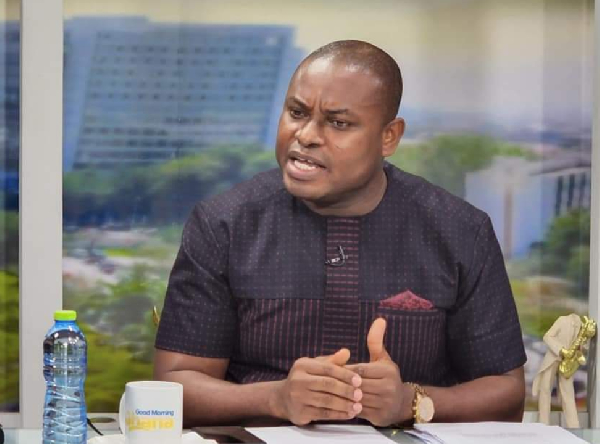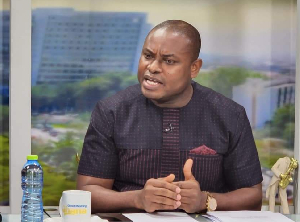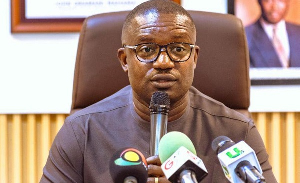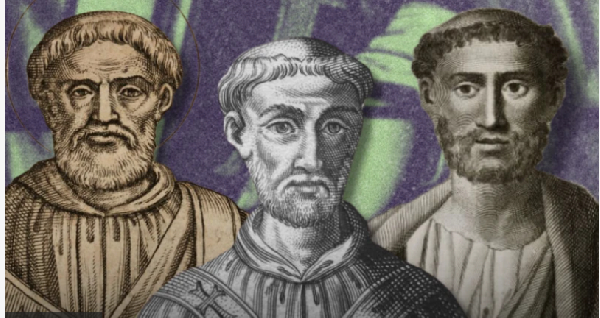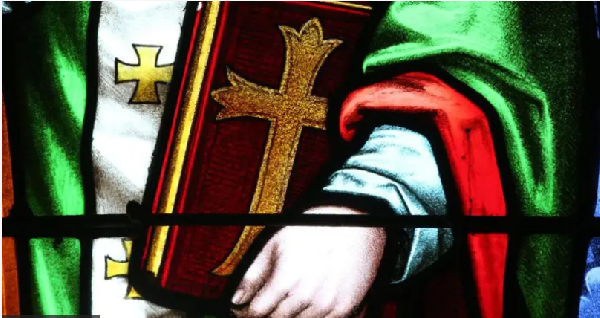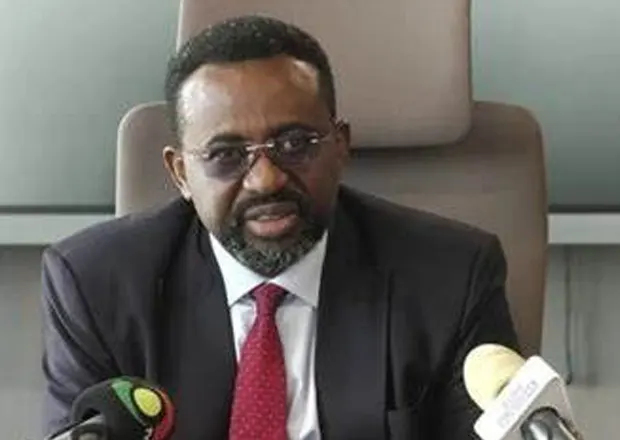A commercial expedition is planning to take clients up the tallest mountain in the world in record time with the help of xenon gas. But some in the climbing and medical world worry whether the strategy is an unnecessary gamble.
When Tenzing Norgay and Edmund Hillary made their first successful ascent of Mount Everest in 1953, it took more than two months of effort to reach the summit.
In order to adjust to the extreme thin air at high altitude, the team spent several weeks acclimatising, working their way slowly upwards.
After reaching Base Camp, they spent seven weeks making brief forays up and down the mountain to set ropes, lay ladders and establish ever higher camps before their assault on the summit. In short, they laid siege to the mountain.
Today, the miles of fixed ropes put along the route by teams of Sherpas and the slick logistics perfected by commercial guiding companies allow hundreds of climbers to summit Everest every year. But the time it takes for most to climb Mount Everest hasn’t changed dramatically since that first ascent.
Many expeditions still recommend allowing around two months to reach the top with extensive acclimatisation, although this depends on a range of factors including the weather, traffic on the mountain and the fitness of the climber.
It can take up to a week to trek to Base Camp, but once there most people need, on average, around 40 days to reach the summit. But some companies even offer fast-track expeditions that claim to get clients there in as little as two weeks.
This season, however, one guiding company has promised to slash the time even further by taking its clients to the top of the world in just one week, starting from an airport in London.
They will fly to Kathmandu in Nepal, take a helicopter to Everest base camp and climb the mountain in only a few days. This way, they will skip the usual painstaking three weeks of acclimatisation in the mountains – all for around €150,000 (£127,000/$170,000) per person.
The offer, which raised more than a few eyebrows in the climbing community, came from Austrian guide Lukas Furtenbach, who will rely on an unexpected new strategy – inhaling xenon, a noble gas that is sometimes used as an anaesthetic.
The logic behind the idea is relatively simple. Around 10 years ago, it became apparent that xenon has one interesting side effect – it increases production of a protein called erythropoietin.
Known for short as EPO, erythropoietin is a glycoprotein that our kidneys produce as reaction to insufficient oxygen levels. EPO fights hypoxia – a condition that occurs when the body can’t get enough oxygen – by increasing the number of red blood cells and the crucial protein they carry, haemoglobin, which transports oxygen around the body.
At high altitudes, this process will naturally happen after multiple rounds of going up and down the mountain – acclimatisation in other words – to slowly adapt the body to lower oxygen levels.
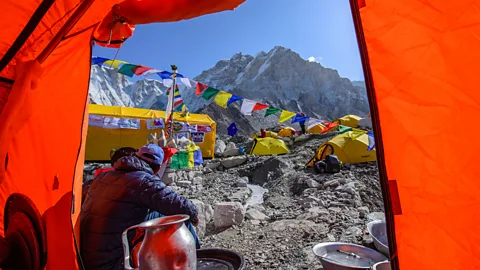
But xenon, it is claimed, could potentially offer a shortcut. By inhaling carefully controlled doses of the gas shortly before the expedition, it may be possible to accelerate the effects of acclimatisation. Furtenbach says he successfully tested xenon himself on previous expeditions.
There is, however, little published scientific evidence showing the strategy works. One recent systematic review of the scientific research, for example, found no conclusive evidence that inhaling xenon had a positive effect on the action of EPO in the human body.
“Increase in erythropoietin does nothing on its own,” says Andrew Peacock, an honorary professor specialising in altitude medicine at the University of Glasgow in the UK. “The question in this case is, does it really stimulate production of red blood cells in such a short period?”
For Furtenbach, the main goal of this strategy is to allow climbers to summit faster and so reduce the risk of being caught in bad weather, avalanches or getting sick.
“The less time you spend on the mountain, the safer the expedition becomes,” he says.
Furtenbach has a reputation for pushing the limits of what is possible on Everest. He has specialised in offering “flash” three-week expeditions, where mountaineers pre-acclimatise at home before making their trip. In the Everest climbing season of 2025, he is planning to use the xenon approach to help four British clients reach the summit in early May.
Many in the mountaineering community, however, have reacted to his plans with a mix of scepticism and condemnation.
The medical commission at the International Climbing and Mountaineering Federation (UIAA) – the umbrella group for mountaineering organisations around the world – issued a cautionary statement after Furtenbach revealed his plans.
It warned of the absence of clinical research or scientific proof about the safety and efficiency of using xenon at high altitudes.
A previous assessment by the same body also warned that drugs designed to induce EPO could potentially increase the risk of blood clots capable of triggering strokes or pulmonary embolisms.
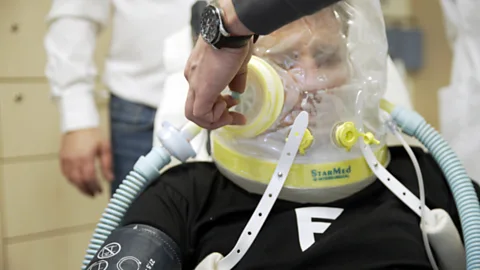
Some climbers have also pointed out that substances that artificially increase the amount of EPO in the blood – including xenon – are banned by the World Anti-Doping Agency (Wada) in competitive sport.
“Why would we use substances in mountaineering that are banned in all other sports,” says Adrian Ballinger, an American climber and owner of rival guiding company Alpenglow Expeditions.
His own company guided climber Roxanne Vogel to the summit of Everest in just 14 days in 2019, where she used an “altitude chamber” at the gym and work to help her pre-acclimatise before the expedition.
But in the world of commercial guided mountaineering, where anti-doping rules don’t apply, clients are largely unconcerned about the style of ascent. Some in the climbing community are simply curious to see how this will unfold.
“It would be great if this is true, and we could use xenon in the future to make the work of Sherpas safer,” says Dawa Steven Sherpa, owner of Nepal-based guiding company Asia Trekking.
After all, it won’t be the first time humans have enlisted the help of drugs to survive on the tallest mountains – one of the harshest environments on Earth.
Researchers who have studied blood oxygen levels of climbers on Everest have recorded some of the lowest levels ever seen in humans
As climbers ascend to high altitude, they experience a drop in atmospheric pressure that reduces the amount of oxygen they inhale.
This is because the number of air molecules in the atmosphere falls the higher you get. At 5,500m (18,045ft) – slightly above the Everest base camp – there is roughly only half as much oxygen available for us to breathe compared with at sea level.
On the summit at 8,850m (29,035ft), this drops to one-third of the usual oxygen. The weather on any given day can also have an effect, leading to dramatic swings in atmospheric pressure to such an extent that it would be equivalent to climbing an additional 700m (2,297ft), according to one study.
All of this means that climbers are able to get less oxygen into their blood stream and into their bodies. Researchers who have studied blood oxygen levels of climbers on Everest have recorded some of the lowest levels ever seen in humans.
If exposed suddenly to these conditions, people can become severely hypoxic, a state that is normally only seen in critically ill patients being treated in hospitals or during serious incidents while under anaesthetic. From altitudes as low as 4,500m (14,764ft) – brain function starts to become impaired in ways that affect decision-making and problem-solving tasks.
The human body, however, is able to adapt to hypobaric hypoxia (hypoxia caused by low air pressure) and reacts with a range of different responses, explains Martin Burtscher, a long-time researcher in the field of high-altitude medicine and professor at University of Innsbruck in Austria.
We start to hyperventilate and consequently exhale more carbon dioxide, which helps counteract oxygen desaturation.
Kidney and bladder function also change to increase the concentration of blood cells, while an increase in heart rate drives more oxygen around the body, says Burtscher.
Erythropoiesis, a process that increases red blood cell production in response to the presence of EPO, is one of the most important adaptations. After weeks of acclimatisation, erythropoiesis increases total blood volume and oxygen transportation capacity.

Sometimes, however, these adaptive responses can fail.
“If hypoxia becomes too severe, acute mountain sickness or life-threatening pulmonary or brain oedema develop,” says Burtscher.
In those cases, capillaries of the lung and the brain lose their ability to retain fluids, which leaks out between the cells into brain or lung tissue, explains Andrew Peacock. The consequence is loss of brain or lung function, both potentially fatal.
It is why most climbers on the world’s highest mountains use supplementary oxygen, delivered from canisters through breathing apparatus, with a constant flow of the gas coming from high-pressure cylinders that mountaineers carry in their backpacks.
“It makes a huge difference,” says Peacock. “You are basically mimicking a lower altitude. It makes you less breathless, and it improves the function of the heart, lungs, kidneys, liver and muscles.”
Both Hillary and Norgay used supplementary oxygen in 1953 and that approach continues today. Of 7,269 people known to have reached the summit of Mount Everest, only 230 have done it without the aid of supplemental oxygen.
There are some in the mountaineering community, however, who believe supplemental oxygen could also be considered as doping. It is a highly charged debate, balancing climber safety against ideals of a more “pure” style of mountaineering.
The Piolet d’Or, the most prestigious annual award in mountaineering, tends to celebrate ascents achieved without supplemental oxygen, for example.
Eager to mitigate the effects of altitude further, some mountaineers and doctors have been willing to experiment with other remedies too, from existing prescription drugs to sketchy stimulants.
In 1953, the legendary Austrian alpinist Hermann Buhl achieved one the greatest feats in the history of mountaineering, summiting alone on the 8,126m (26,660ft) Himalayan peak Nanga Parbat.
It remains the only time anyone has managed a “solo” first ascent of an 8,000m (26,247ft) peak. Buhl’s feat is considered even more impressive as he did it without supplemental oxygen.
During the gruesome descent, he was famously forced to spend the night at 7,900m (25,919ft), standing on a narrow ledge while leaning against a rock.
At that time, Buhl was already known as a hard-core, pioneering alpinist. Still, it was unthinkable that somebody could survive this ordeal.
As he later described in his autobiography, he did, however, have a little help in his backpack in form of pervitin, methamphetamine pills that had been widely used by Nazi troops during World War Two.
“At very high altitudes, experts agree that even with acclimatisation, the body will eventually start to deteriorate“
The search for other drugs that can help give climbers a boost in performance and acclimatisation at high altitude never stopped.
A team of doctors in Willemstad, Curaçao, for example, recently published details about a test of a drug normally used to treat anaemia in patients with chronic kidney disease. Two climbers took the drug, which stimulates EPO production, as they ascended Mount Chimborazo in Ecuador.
But even with all this help, Everest is a treacherous place and there is no guarantee of survival. Although there is little research on how long someone can remain at very high altitudes, experts agree that even with acclimatisation, the body will eventually start to deteriorate.
Extremes of cold and wind exposure, the strain placed on the lungs and heart, deterioration of the tissues and organs, dehydration and weight loss all make spending any prolonged visit to the so called “Death Zone” – generally considered to be above 8,000m (26,247ft) – increasingly dangerous.
So, cutting down the time spent on the mountain is always beneficial.
This is where xenon could make a real difference, at least according to Michael Fries, head of the department of anaesthesiology at St Vincenz Krankenhaus Limburg in Germany, who came up with the idea and suggested it to Furtenbach.

Xenon has been used in a wide range of products, from car headlights to ion propulsion engines and ballistic missiles. It could also serve as an anaesthetic, which is something Fries spent years researching while working at University Hospital Aachen in Germany.
“It is an almost ideal anaesthetic since it has a very rapid effect, quickly leaves the body and doesn’t interact with other drugs,” says Fries.
Using xenon for anaesthesia, however, proved to be challenging for multiple reasons. This extremely expensive gas must make up 70% of the anaesthetic mixture and it requires special equipment for administration.
Then, in 2014, Fries and his colleagues heard claims that some Russian athletes had used xenon at the 2014 Winter Olympics to improve performance, so the group from University Hospital Aachen did their own study on 24 healthy volunteers.
The results confirmed that a single inhalation of 30% xenon for 45 minutes significantly increased EPO level eight hours after exposure.
According to Fries, the main effect of EPO production should be strongest within the first few days and last up to 14 days.
Curious if this advantage could be used in the hypoxia-inducing world of high-altitude mountaineering, Fries contacted Furtenbach.
Previously, Furtenbach had managed to shorten the Everest expedition time to two weeks by using so-called hypoxic pre-acclimatisation. However, sleeping at home for eight weeks in tents with a lower percentage of oxygen or repeatedly breathing reduced amounts of air through a mask was never a strategy that found much favour among his clients.
Keen to try the xenon idea, Furtenbach did a test run on Aconcagua, 6,961m (22,838ft) high mountain in Argentina. He received a low dose of xenon shortly before the expedition in 2020.
“I reached the summit within a week, without any prior acclimatisation. I felt strong and fast,” says Furtenbach.
He claims his red blood cell count went up by 10% while measurements of his blood oxygen saturation on the summit showed it was 89%.
If true, academics say, this would be remarkable. At sea level, normal blood oxygen saturation is between 96-100%. Measurements taken from nine climbers during an expedition to Everest in 1993 showed that blood oxygen saturation of climbers fell below 90% at around 4,700m (15,420ft), while at 8,000m (26,247ft) climbers had only 70% saturation without supplementary oxygen. Even with supplementary oxygen, this increased only to 80%. Measurements taken during a research expedition to Everest in 2007 showed an even starker reduction in blood oxygen saturation in four climbers at an altitude of 8,400m (27,559ft), measuring some of the lowest levels ever recorded in humans who are not already close to death.
“I’m quite sceptical,” says Mike Grocott, professor of anaesthesia and critical care at University of Southampton who led the research team during the 2007 expedition and has summited Everest himself. “Xenon has a number of biological mechanisms, including boosting EPO, but the effect on red blood cells and oxygen transport is questionable.”
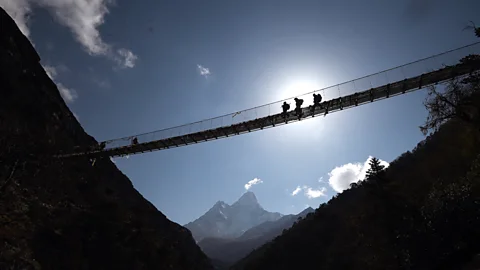
In 2022, Furtenbach and two fellow guides did another xenon test – this time on Everest. The results, he says, were the same as on Aconcagua, except this time the group prepared at home with hypoxic pre-acclimatisation, where their bodies were slowly introduced to lower levels of oxygen by sleeping in a hypoxic tent at home.
“In each of these cases, we could see the effects on the endurance and the physical abilities,” says Fries, who was involved in analysing the data gathered during the tests. “They all had high oxygen saturations without the long acclimatisation periods and increase in haemoglobin levels.”
But he acknowledges there is still a lack of peer-reviewed scientific research on this and says he hopes to publish findings in the future.
Fries also refutes concerns that xenon, when administered in small doses, could reduce decision-making ability on the mountain. The UIAA medical committee, for example, warned that using an anaesthetic gas in an unmonitored setting could affect brain function, stating “even slight sedation is detrimental in the potentially dangerous setting of high-altitude mountaineering”.
Fries says that in small doses, xenon only results in a short period of dizziness immediately after administration.
Three medical experts the BBC contacted for this story – all veterans of high-altitude research – are not entirely convinced about the strategy as a way to summit the highest mountain on Earth. They argue there is insufficient scientific proof that xenon actually does enhance performance at high altitude.
Burtschner and Grocott both point to a study which confirmed that xenon did increase EPO concentration, but failed to “stimulate increases in plasma volume or erythropoiesis, leaving cardiorespiratory fitness and athletic performance unchanged”.
Xenon, Grocott says, would need to have an “extraordinary” effect to enable someone to climb to the summit in just one week. “That would have to be a very dramatic change. And I haven’t seen any data suggesting that’s true.”
In the meantime, Furtenbach is proceeding with the plan to send four clients up Everest with the help of xenon gas. All four are in good physical shape, he says. They will climb with guides and bottled oxygen. Once new fixed ropes are in place, all the team will need is seven days of good weather.
The rest of the world, meanwhile, will be watching.
DISCLAIMER: The Views, Comments, Opinions, Contributions and Statements made by Readers and Contributors on this platform do not necessarily represent the views or policy of Multimedia Group Limited.



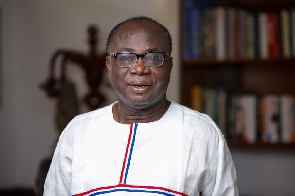

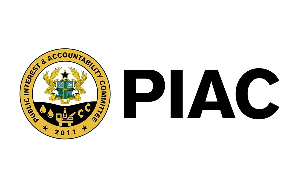
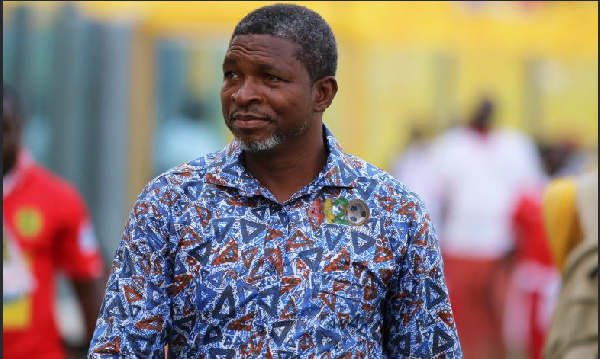
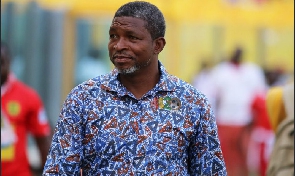

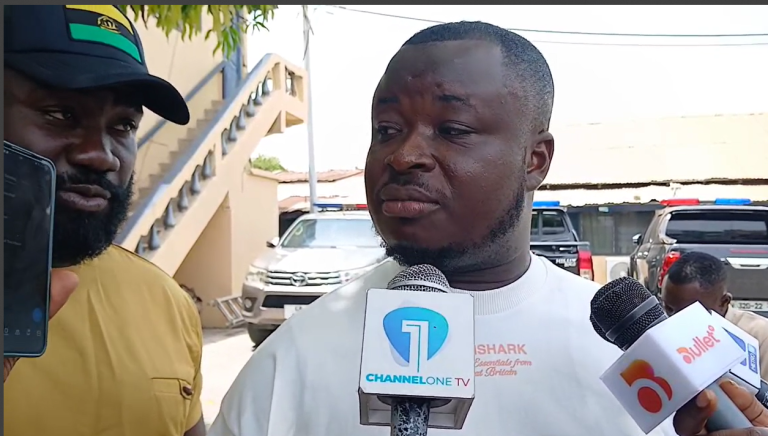


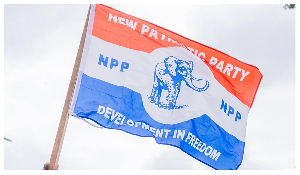


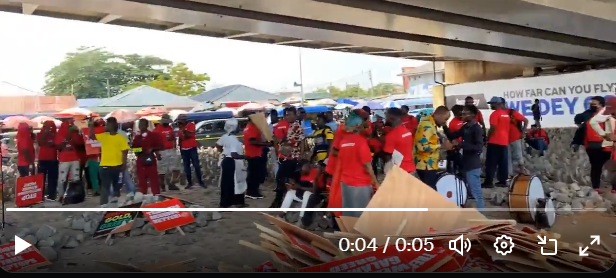

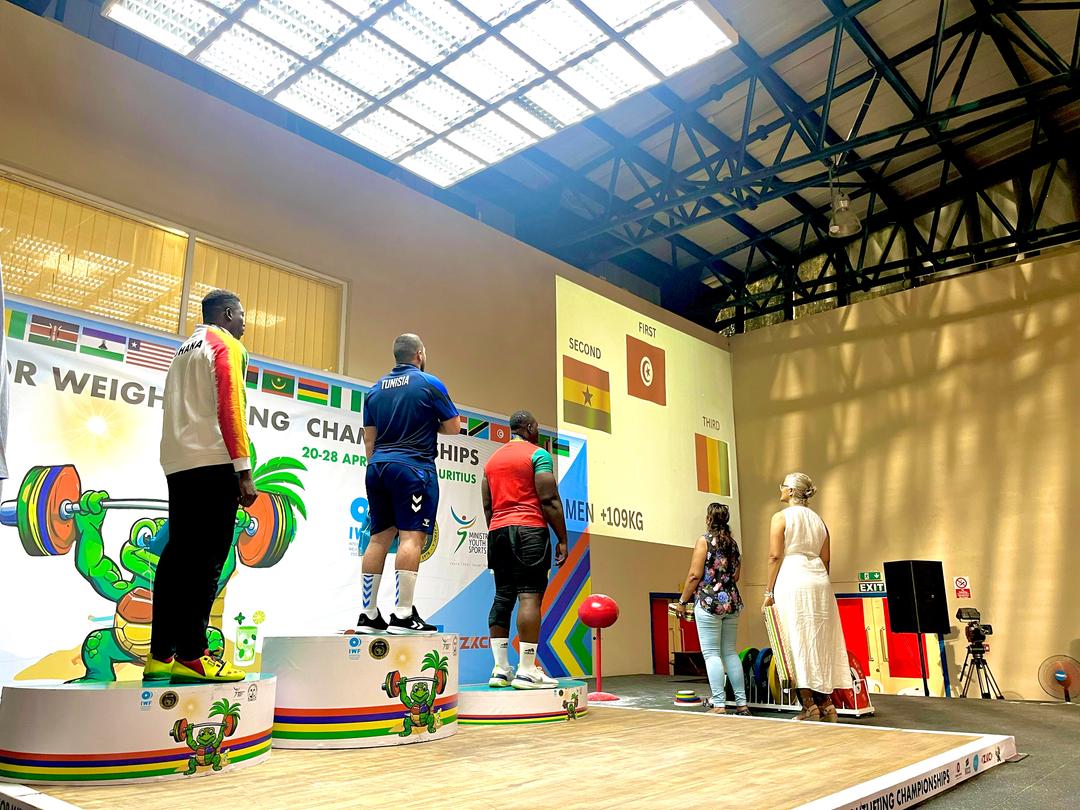

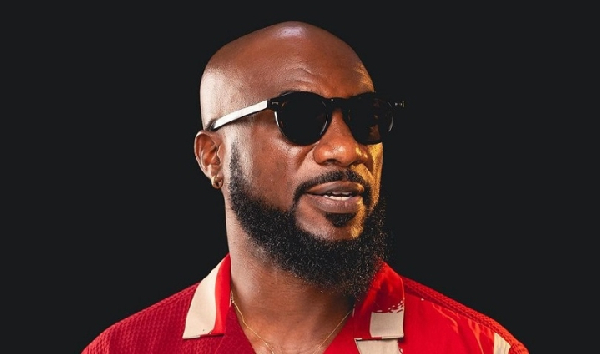
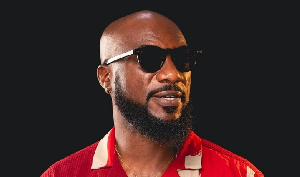

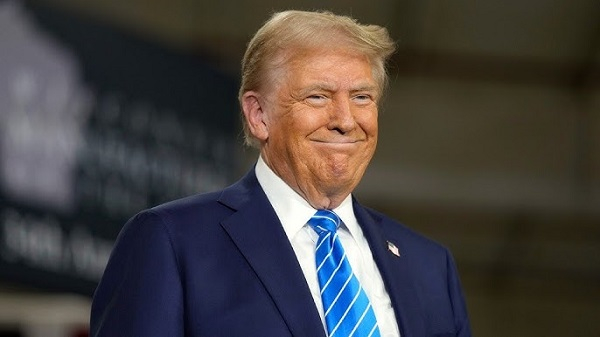
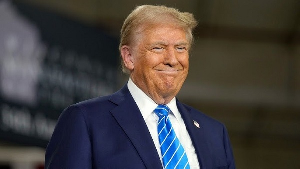


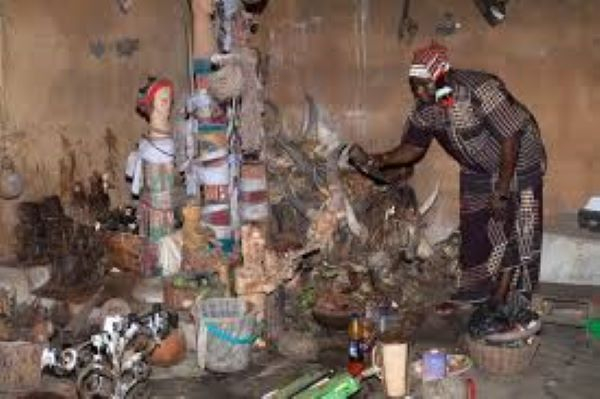
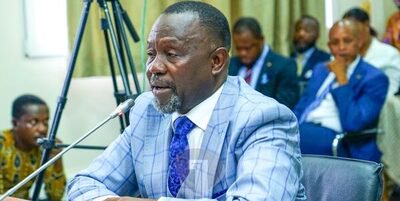
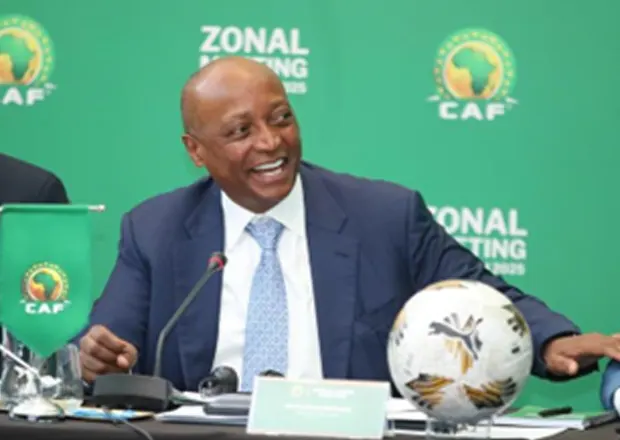
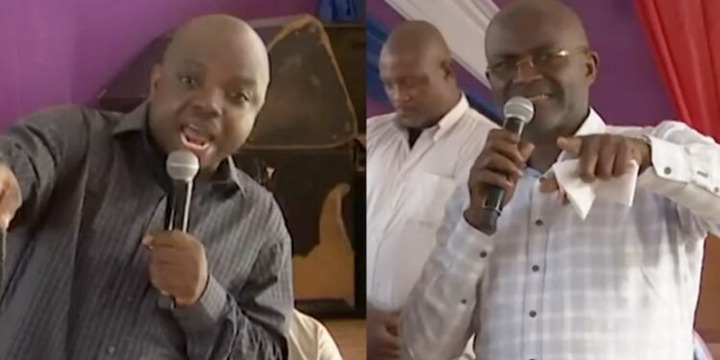




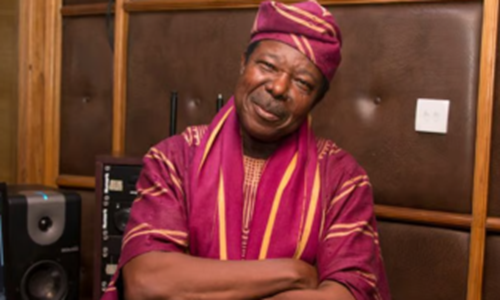




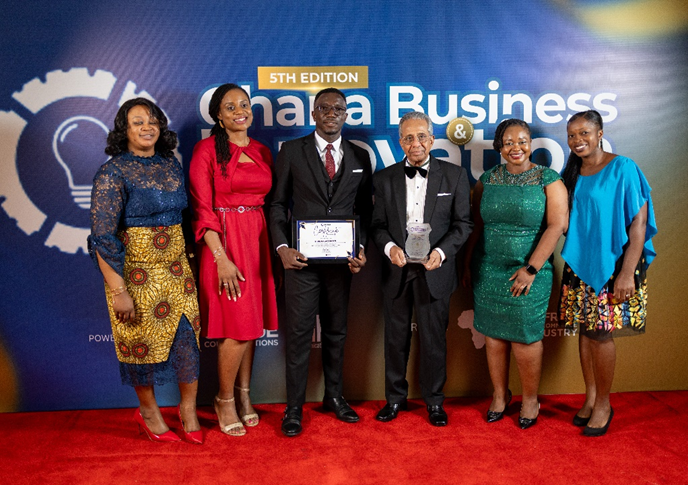
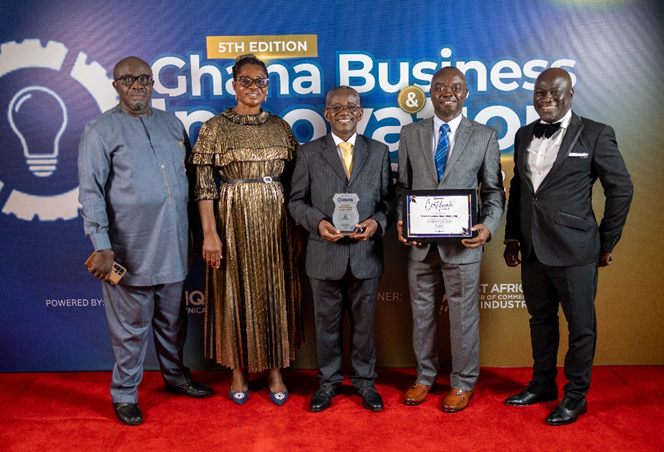

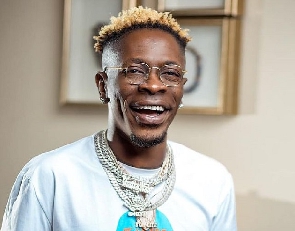

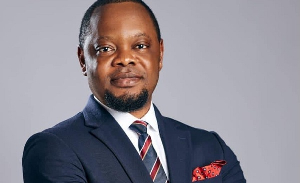
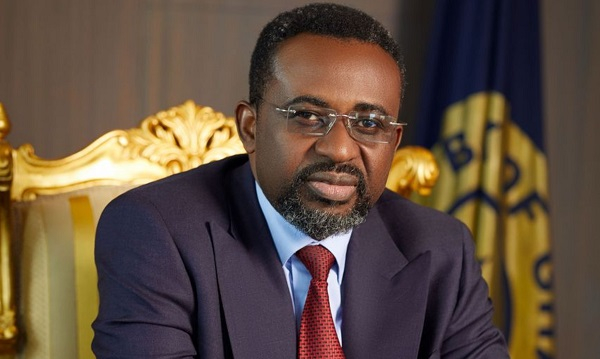
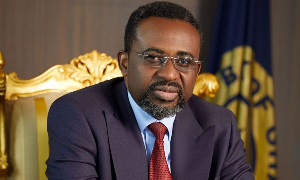




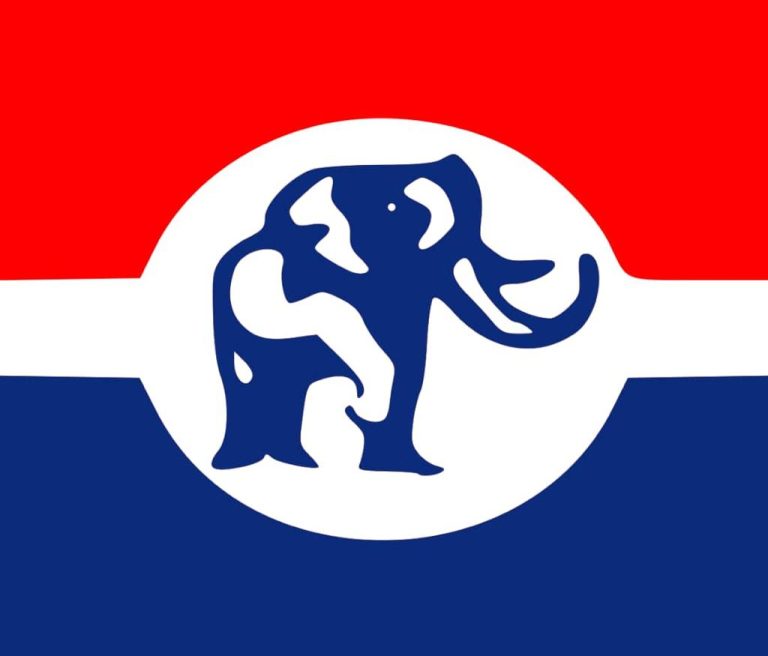
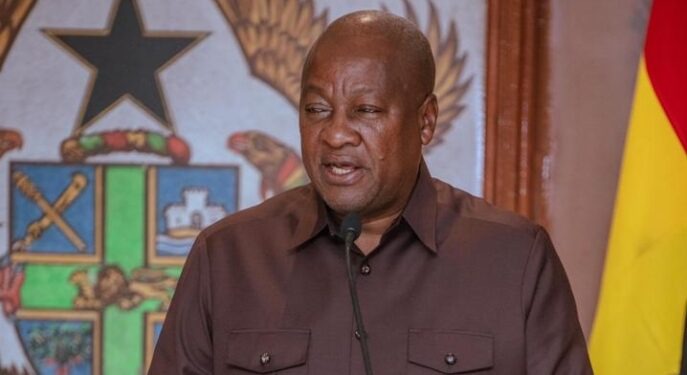



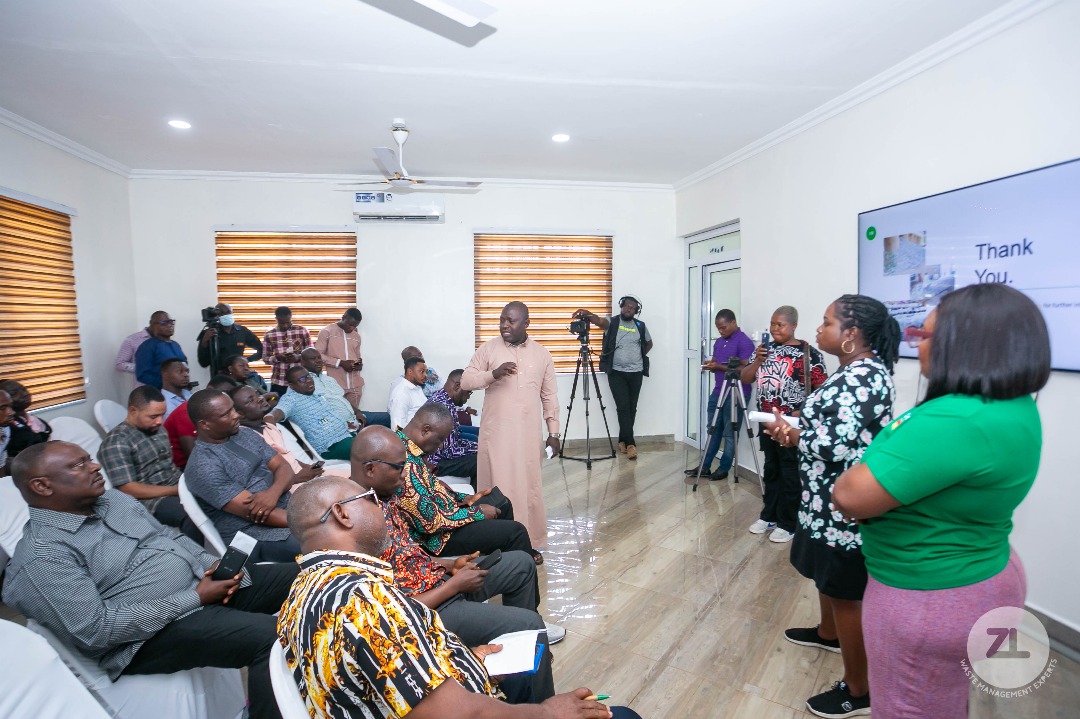 He was speaking after the Committee completed a tour of the Jospong Group of Company’s waste treatment plants in four regions.
He was speaking after the Committee completed a tour of the Jospong Group of Company’s waste treatment plants in four regions. He indicated that the issues pertaining to YEA and its agencies under the waste management module are within the remit of Parliament and it is an issue the Committee will prioritise in its report after touring the middle belt of Ghana to ascertain firsthand information on waste management.
He indicated that the issues pertaining to YEA and its agencies under the waste management module are within the remit of Parliament and it is an issue the Committee will prioritise in its report after touring the middle belt of Ghana to ascertain firsthand information on waste management. “But we should not panic because it is not something that is outside the domain of Parliament that the people have to resolve,” he reiterated.
“But we should not panic because it is not something that is outside the domain of Parliament that the people have to resolve,” he reiterated. “So, if there is a problem, we just have to sit down and think through some of the challenges that have resulted in these headlines that we are reading,” he re-emphasised.
“So, if there is a problem, we just have to sit down and think through some of the challenges that have resulted in these headlines that we are reading,” he re-emphasised.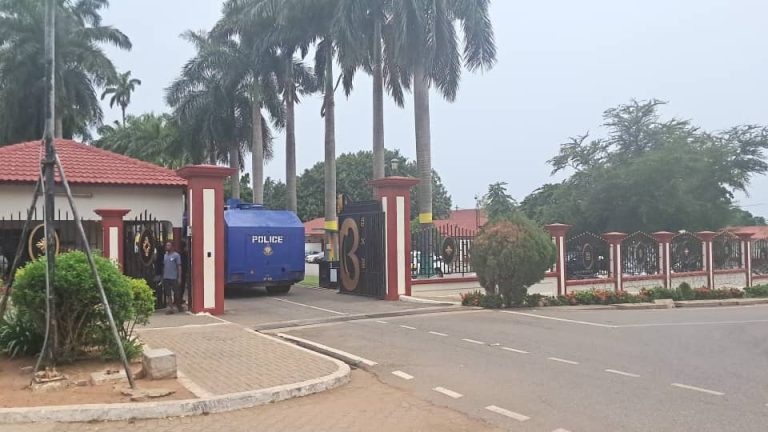
 The enhanced security measures were put in place to ensure the safety of dignitaries, traditional leaders, and stakeholders who gathered at the palace for the peace talks.
The enhanced security measures were put in place to ensure the safety of dignitaries, traditional leaders, and stakeholders who gathered at the palace for the peace talks. The Asantehene’s intervention is seen as a critical step in building consensus between the feuding factions.
The Asantehene’s intervention is seen as a critical step in building consensus between the feuding factions. “Anything involving a conflict requires a higher degree of security. No one should be told that there will be a security presence,” he stated.
“Anything involving a conflict requires a higher degree of security. No one should be told that there will be a security presence,” he stated.

